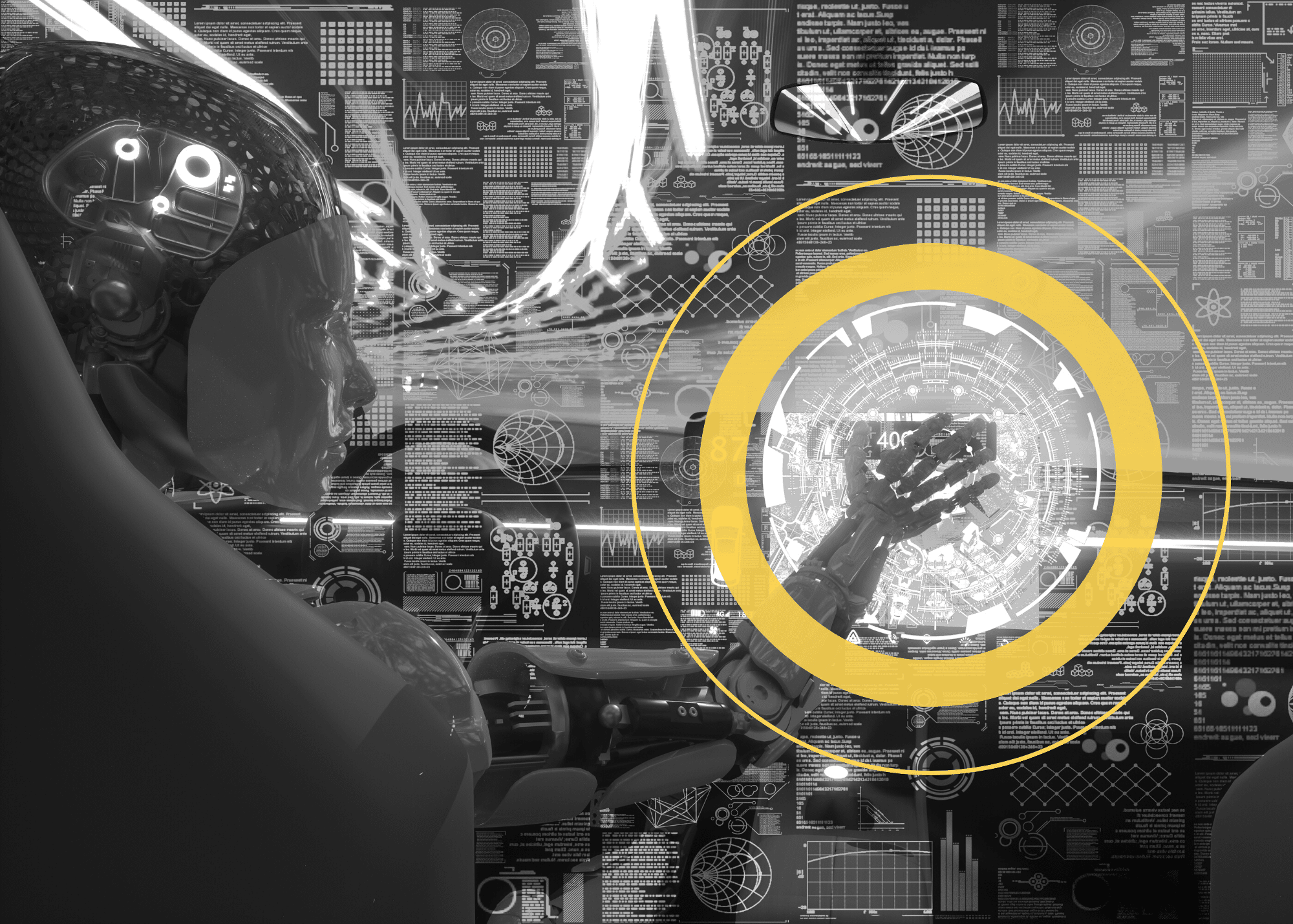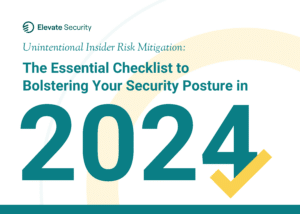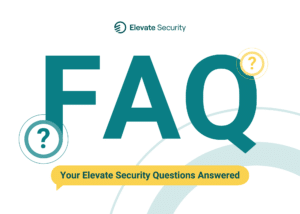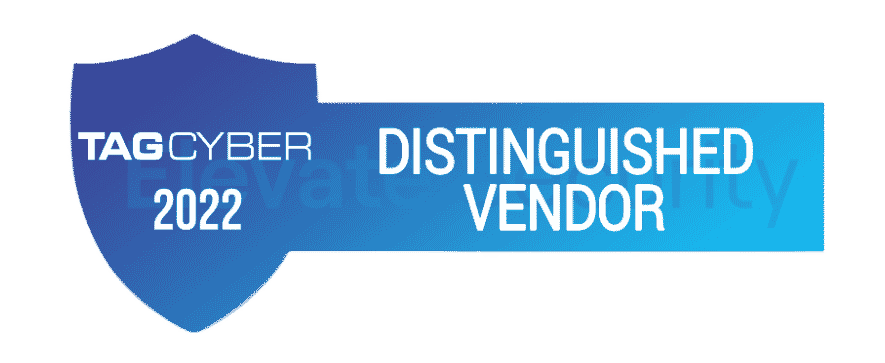
By 2030, the AI in Cybersecurity Market Size is projected to reach USD 133.8 billion. Artificial Intelligence (AI) is clearly transforming cybersecurity, but is that a good thing or a bad thing? Or both?
AI-enabled cyberattacks are on the rise, threatening your organization and your employees. In this blog, we’ll place a spotlight on cybersecurity AI—the good and the bad—and discuss best practices to navigate the infusion of AI into the cybersecurity industry in a safe and effective manner. Let’s begin.
Cybersecurity AI Tools: The Good
AI-driven solutions can help us proactively protect valuable assets, stay ahead of cyber threats, and shape a resilient digital landscape for the future.
By ingesting and analyzing vast amounts of diverse data, AI systems can swiftly identify patterns, anomalies, and potential threats that might evade human detection. These insights provide security leaders with a comprehensive and real-time understanding of their organization’s security posture.
In fact, over half of enterprises report applying AI to threat detection, prediction, and response. On average, it takes 19 days to respond to an attack. Cybersecurity AI can speed the process, increasing detection rates upwards of 95%! Likewise, 75% of global executives report AI allows their organization to respond faster to breaches.
AI has the potential to address risky behaviors and users by automating access controls and policies as needed. To dive deeper into this conversation, check out our blog AI-Driven Nudges: The Future of Security Awareness and Training.
AI-Enabled Attacks: The Bad
Through our extensive research, we know that 8% of users cause 80% of security incidents. And according to Verizon’s 2023 DBIR, 74% of breaches involved the human element, which includes social engineering attacks, errors, or misuse. AI is facilitating these attacks:
- 68% of survey respondents believe AI could be used for impersonation and spear-phishing attacks against their organization.
- 56% of AI-enabled cyber attacks occurred during the access and penetration phase. 12% were demonstrated in exploitation.
Phishing Attacks: Attackers use AI to create highly convincing and personalized phishing emails. By analyzing a target’s online behavior and communication patterns, AI helps craft messages that appear legitimate and relevant, increasing the likelihood of successful phishing attempts.
Deepfake Social Engineering: AI-generated deepfake videos or audio clips can be used to impersonate individuals, such as company executives or family members, tricking victims into revealing sensitive information or performing actions they normally wouldn’t.
Automated Password Cracking: AI-powered tools can rapidly test multitudes of password combinations, and machine learning algorithms can propose likely passwords based on the target’s personal information, online posts, and known password patterns.
How to Better Protect Your Employees and Organization from AI-Driven Attacks
Elevate Engage helps you identify your riskiest people and engage them in near real-time with personalized and automated nudges to improve their resilience to attacks. Elevate ingests and analyzes data from across your enterprise on behaviors and attack history to:
- Recognize good cyber behaviors with management and social proof affirmation
- Add individuals to ‘high-risk’ watch lists and assign behavior-specific training
- Send an alert with current attack status (even from AI-enabled attacks) and provide best-practice guidance
Elevate Engage customers in the F500 have experienced a:
- 73% reduction of sensitive data handling incidents
- 70% reduction in phishing clicks
- 373% increase in phishing reporting
Interested in diving deeper into the intricacies of Elevate Engage? Download our product brief.
Final Thoughts
The fastest-growing category of AI spending is cybersecurity, rising at a CAGR of 22.3%. In fact, nearly one-quarter of the AI software market will consist of cybersecurity by 2025. It’s an invigorating time in cybersecurity, there’s no doubt. But it’s also a time to exercise extreme caution, especially when AI is gaining ground.
Implementing safeguards to protect your employees and company against AI-enabled threats simply makes sense. Elevate Security can help get you started. Book a demo to learn more.











